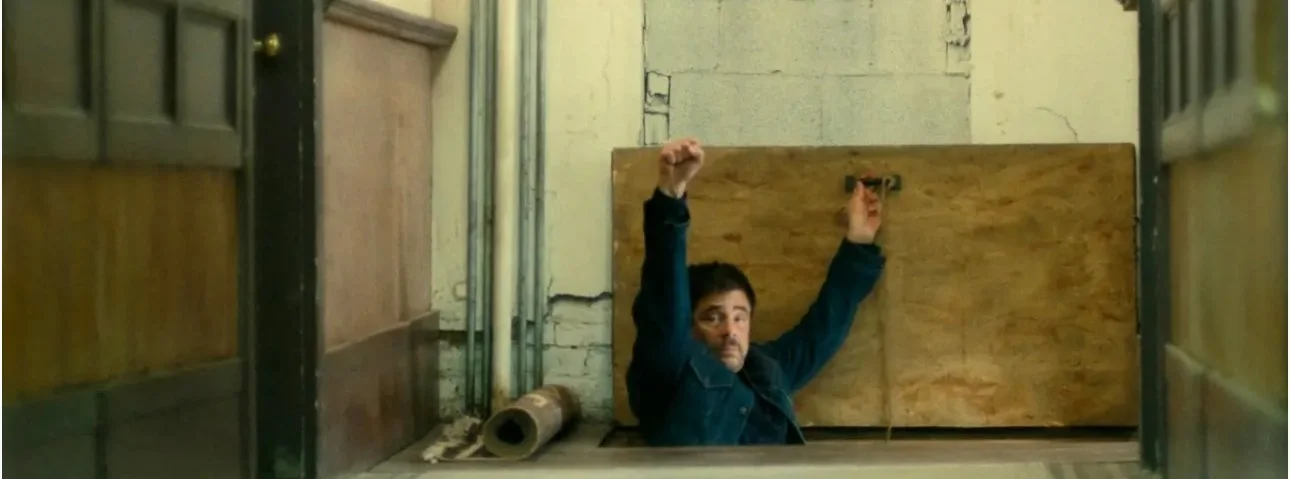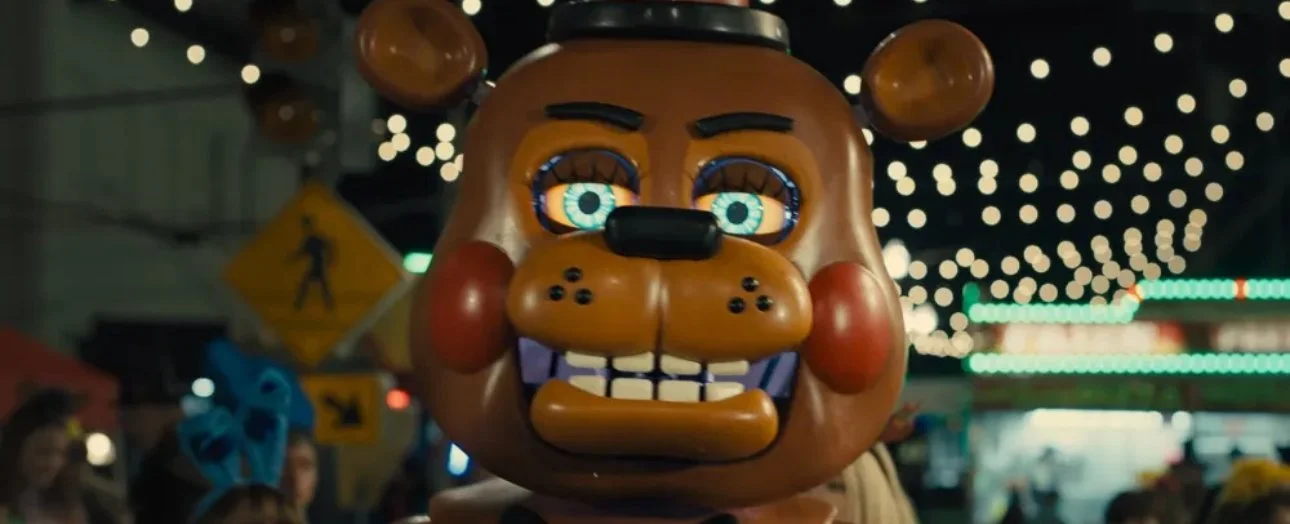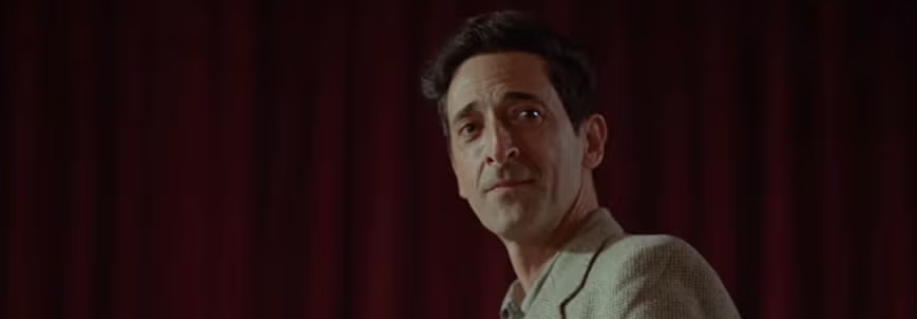How to Survive a Plague: A new documentary of the AIDS epidemic
By Jordan Ruimy
Here’s a movie that matters. David France’s "How To Survive A Plague" has a heavy topic surrounding it; the AIDS epidemic in 1987. Just 6 years after its sudden appearance, the virus had run rampant into the lives of many and something had to be done. After all, there was Institutional indifference, sluggishness and outright hostility towards gay people and the only real way to fight this was through demonstration.
 Focusing mostly on the group ACT-UP (Aids coalition to unleash power)
and its landmark fights for answers, the documentary aims to make you
feel a time and place when confusion, anger, and sadness were at their
peaks in the AIDS ravaged gay communities of New York City. President
Reagan hadn’t even uttered the word AIDS until 1987 – even with deaths
at an all time high - and no medical treatment even existed.
Focusing mostly on the group ACT-UP (Aids coalition to unleash power)
and its landmark fights for answers, the documentary aims to make you
feel a time and place when confusion, anger, and sadness were at their
peaks in the AIDS ravaged gay communities of New York City. President
Reagan hadn’t even uttered the word AIDS until 1987 – even with deaths
at an all time high - and no medical treatment even existed.ACT-UP, to put it simply, acted up and with furious energy protested through the streets of New York City on a daily basis. These protests were meant to rile people, an in your face assault of the anger and punishment they felt about governmental isolation. They were loud and sent their messages through the streets at a time when AIDS was still a very taboo and risky subject to even mention. They woke up a nation of millions to the subject and helped deliver an euphoria of acclaim for their cause.
Some members of ACT-UP even went as far as delving into medical and scientific research in order to find some sort of cure, and others tried aggressively to change many pharmaceutical companies’ minds and policies. By 1996 new drugs came into fruition and ACT-UP’s efforts paid off admirably - but not before millions of deaths beforehand and countless corrupt policies by well “respected” public authorities.
It’s a documentary that will shock, touch and, most of all, anger its audience. Using mostly archival footage to tell its story, "How To Survive A Plague" talks about a time often forgotten in the public’s memory. ACT-UP’s efforts to change the game also ended up changing the world. David France knows that and with his endless years as a journalist, reporting on the epidemic in the 80’s and 90’s, and constant 3 decade research, he tries to bring as vivid and important a portrayal as any out there. It’s a documentary that shows the power a movement can have on society, social change and policy.







